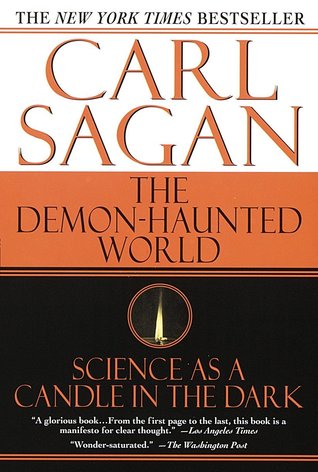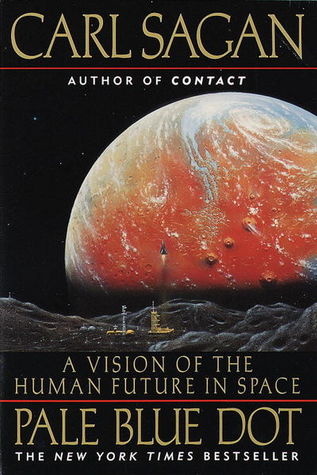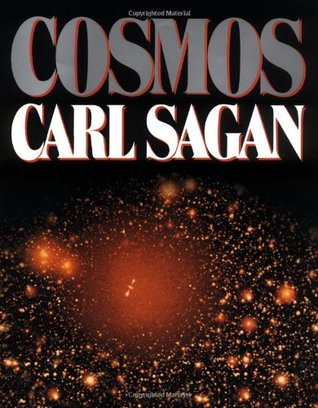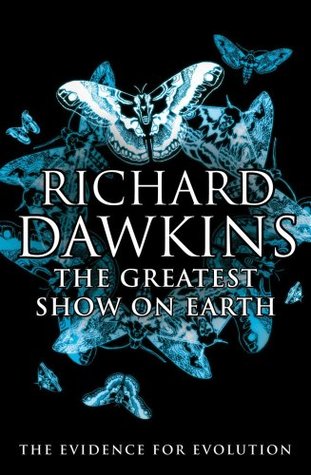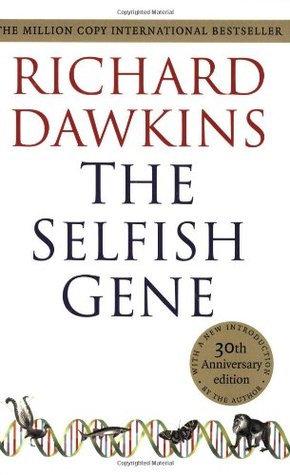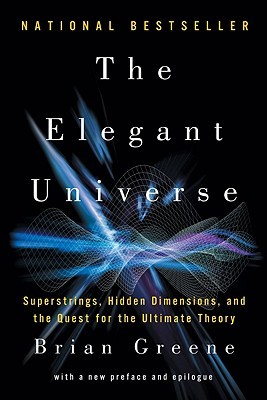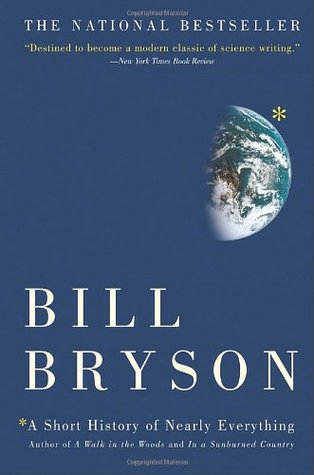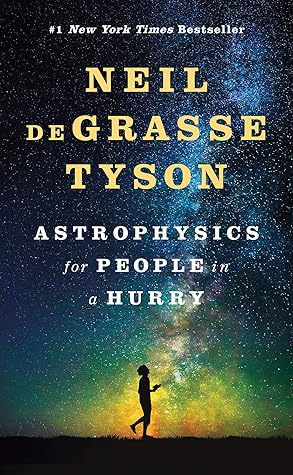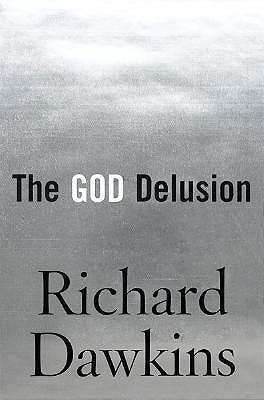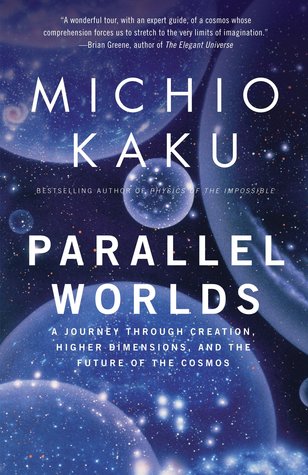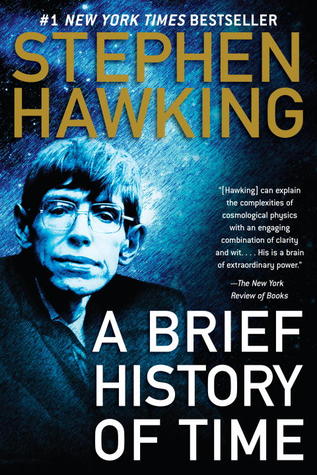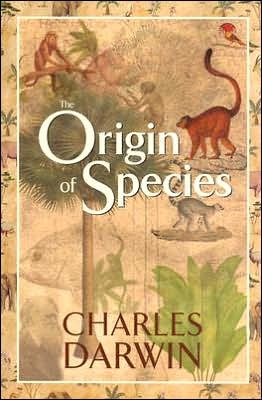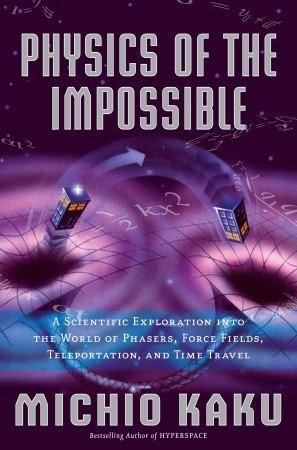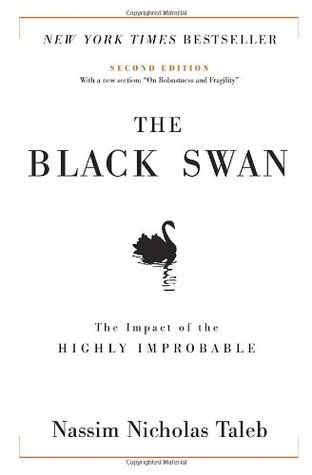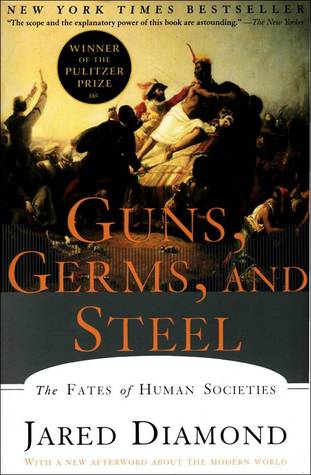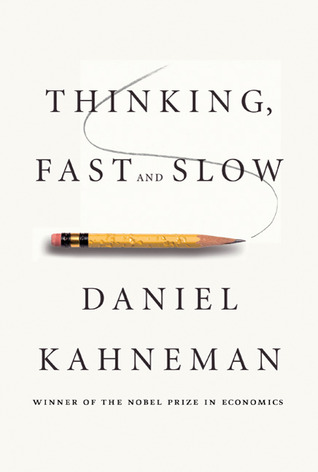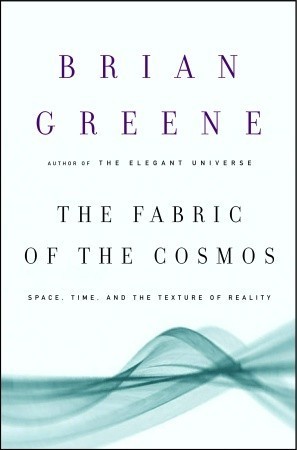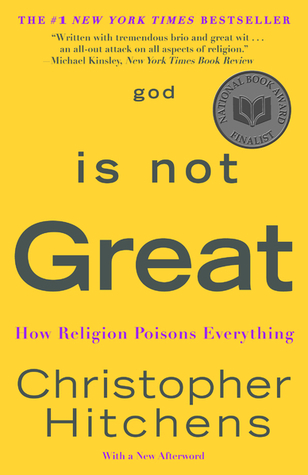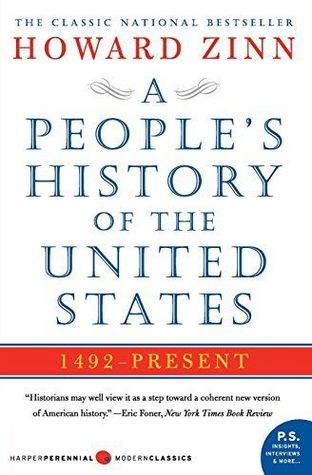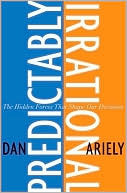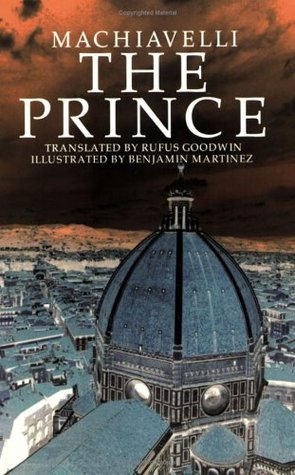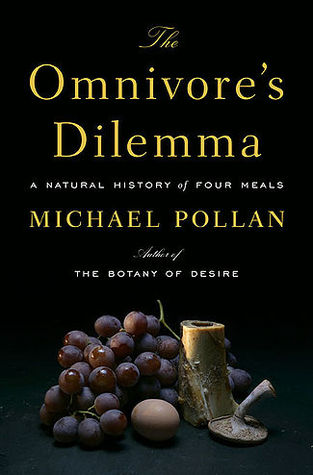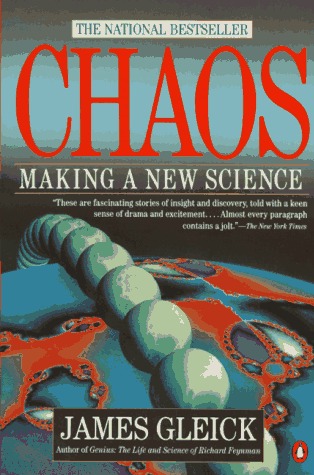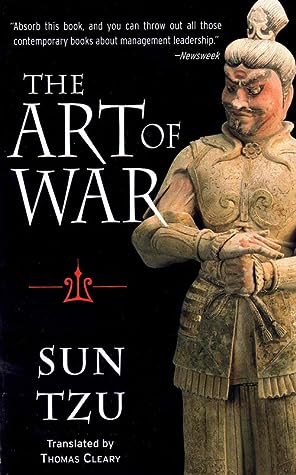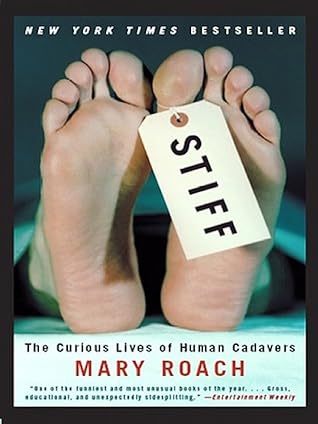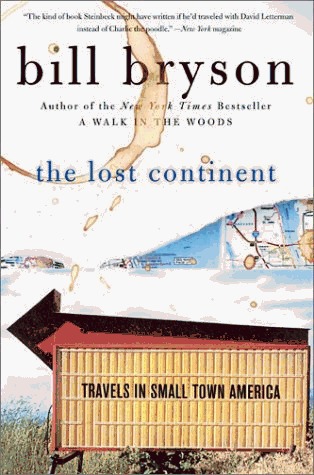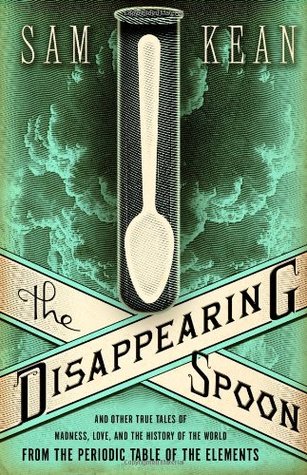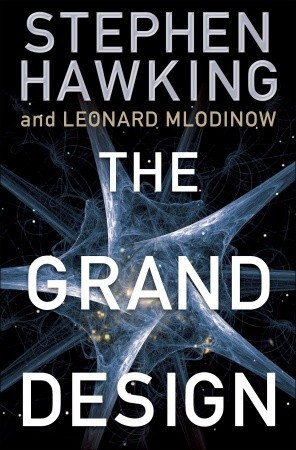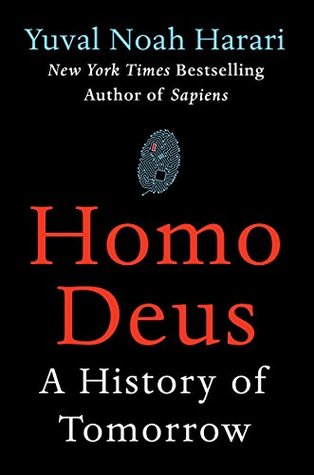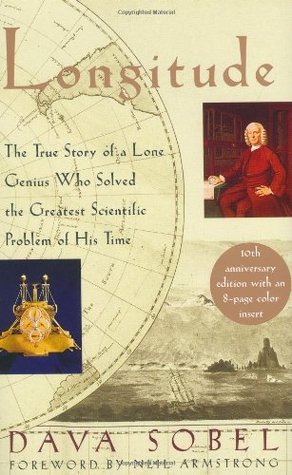Powered by a book like {foo}
Recommendations based on Death by Black Hole: And Other Cosmic Quandariesby Neil deGrasse Tyson
* statistically, based on millions of data-points provided by fellow humans
The Demon-Haunted World: Science as a Candle in the Dark
by Carl Sagan
A critical look at superstition and pseudoscience, advocating for the power of science and reason.
How can we make intelligent decisions about our increasingly technology-driven lives if we don’t understand the difference between the myths of pseudoscience and the testable hypotheses of science? ... (Goodreads)
Pale Blue Dot: A Vision of the Human Future in Space
by Carl Sagan
Reflection on humanity's place in the universe, and its responsibility to protect life on Earth.
Pulitzer Prize-winning author Carl Sagan traces our exploration of space and suggests that our very survival may depend on the wise use of other worlds. This stirring book reveals how scientific ... (Goodreads)
Cosmos
by Carl Sagan
Voyage through the vastness of space, unlocking the mysteries of the universe.
Cosmos has 13 heavily illustrated chapters, corresponding to the 13 episodes of the Cosmos television series. In the book, Sagan explores 15 billion years of cosmic evolution and the development of ... (Goodreads)
The Greatest Show on Earth: The Evidence for Evolution
by Richard Dawkins
An exploration of the evidence and science of evolution, highlighting its importance in understanding the history of life on Earth.
Charles Darwin’s masterpiece, On the Origin of Species , shook society to its core on publication in 1859. Darwin was only too aware of the storm his theory of evolution would provoke but he would ... (Goodreads)
The Selfish Gene
by Richard Dawkins
A study of evolutionary biology, exploring how genes act and how they impact behavior.
Inheriting the mantle of revolutionary biologist from Darwin, Watson, and Crick, Richard Dawkins forced an enormous change in the way we see ourselves and the world with the publication of The ... (Goodreads)
The Elegant Universe: Superstrings, Hidden Dimensions, and the Quest for the Ultimate Theory
by Brian Greene
Exploring the hidden realms of physics, in pursuit of a unified theory of nature.
Brian Greene, one of the world's leading string theorists, peels away the layers of mystery surrounding string theory to reveal a universe that consists of eleven dimensions, where the fabric of ... (Goodreads)
A Short History of Nearly Everything
by Bill Bryson
A captivating overview of the natural sciences, spanning the history of the universe.
In Bryson's biggest book, he confronts his greatest challenge: to understand—and, if possible, answer—the oldest, biggest questions we have posed about the universe and ourselves. Taking as territory ... (Goodreads)
Astrophysics for People in a Hurry
by Neil deGrasse Tyson
An accessible exploration of the universe and its mysteries.
Over a year on the New York Times bestseller list and more than a million copies sold. The essential universe, from our most celebrated and beloved astrophysicist. What is the nature of space and ... (Barnes & Noble)
The God Delusion
by Richard Dawkins
Scientific exploration of the evidence for and against religious belief.
A preeminent scientist - and the world's most prominent atheist - asserts the irrationality of belief in God, and the grievous harm religion has inflicted on society, from the Crusades to 9/11. With ... (Goodreads)
Parallel Worlds: A Journey through Creation, Higher Dimensions, and the Future of the Cosmos
by Michio Kaku
An exploration of the universe, its dimensions, and the possibilities of the future.
In this thrilling journey into the mysteries of our cosmos, bestselling author Michio Kaku takes us on a dizzying ride to explore black holes and time machines, multidimensional space and, most ... (Goodreads)
A Brief History of Time
by Stephen Hawking
Exploring the depths of time and space and the emergence of the universe.
In the ten years since its publication in 1988, Stephen Hawking's classic work has become a landmark volume in scientific writing, with more than nine million copies in forty languages sold ... (Goodreads)
The Origin of Species
by Charles Darwin
Comprehensive scientific exploration of the evolution of species and the natural world.
Darwin's theory of natural selection issued a profound challenge to orthodox thought and belief: no being or species has been specifically created; all are locked into a pitiless struggle for ... (Goodreads)
Physics of the Impossible
by Michio Kaku
A scientific exploration of the possibilities of the impossible, from teleportation to time machines.
A fascinating exploration of the science of the impossible—from death rays and force fields to invisibility cloaks—revealing to what extent such technologies might be achievable decades or millennia ... (Goodreads)
The Black Swan: The Impact of the Highly Improbable
by Nassim Nicholas Taleb
A study of the role of randomness in life, and how it can lead to unexpected events.
A black swan is a highly improbable event with three principal characteristics: It is unpredictable; it carries a massive impact; and, after the fact, we concoct an explanation that makes it appear ... (Goodreads)
Guns, Germs, and Steel: The Fates of Human Societies
by Jared Diamond
Tracing the origins of human civilizations through the lens of geography, technology, and biology.
"Diamond has written a book of remarkable scope ... one of the most important and readable works on the human past published in recent years." Winner of the Pulitzer Prize and a national bestseller: ... (Goodreads)
Thinking, Fast and Slow
by Daniel Kahneman
An exploration of the two systems of the mind, and how they influence decision-making.
In the highly anticipated Thinking, Fast and Slow , Kahneman takes us on a groundbreaking tour of the mind and explains the two systems that drive the way we think. System 1 is fast, intuitive, and ... (Goodreads)
The Fabric of the Cosmos: Space, Time, and the Texture of Reality
by Brian Greene
An exploration of space and time in the physical world, looking at the fundamental laws of the universe.
From Brian Greene, one of the world’s leading physicists and author the Pulitzer Prize finalist The Elegant Universe , comes a grand tour of the universe that makes us look at reality in a completely ... (Goodreads)
God Is Not Great: How Religion Poisons Everything
by Christopher Hitchens
Criticism of organized religion, arguing it is the root of much suffering in the world.
With his unique brand of erudition and wit, Hitchens describes the ways in which religion is man-made. "God did not make us," he says. "We made God." He explains the ways in which religion is ... (Goodreads)
A People's History of the United States
by Howard Zinn
An examination of American history from a perspective of marginalized people.
In the book, Zinn presented a different side of history from the more traditional "fundamental nationalist glorification of country". Zinn portrays a side of American history that can largely be seen ... (Goodreads)
Predictably Irrational: The Hidden Forces That Shape Our Decisions
by Dan Ariely
An exploration of why humans make irrational decisions, and how to overcome them.
Why do our headaches persist after taking a one-cent aspirin but disappear when we take a 50-cent aspirin? Why does recalling the Ten Commandments reduce our tendency to lie, even when we couldn't ... (Goodreads)
The Prince
by Niccolò Machiavelli
A timeless political treatise on the art of acquiring and maintaining power.
Machiavelli needs to be looked at as he really was. Hence: Can Machiavelli, who makes the following observations, be Machiavellian as we understand the disparaging term? 1. So it is that to know the ... (Goodreads)
The Omnivore's Dilemma: A Natural History of Four Meals
by Michael Pollan
Exploration of the modern food chain, examining the impact of food choices on our health and the environment.
What should we have for dinner? The question has confronted us since man discovered fire, but according to Michael Pollan, the bestselling author of The Botany of Desire , how we answer it today, at ... (Goodreads)
Chaos: Making a New Science
by James Gleick
Investigation of complex systems and the impact of chaos on scientific understanding.
A work of popular science in the tradition of Stephen Hawking and Carl Sagan, this 20th-anniversary edition of James Gleick’s groundbreaking bestseller Chaos introduces a whole new readership to ... (Goodreads)
The Art of War
by Sun Tzu
Ancient Chinese military treatise outlining strategies for success in battle.
Twenty-Five Hundred years ago, Sun Tzu wrote this classic book of military strategy based on Chinese warfare and military thought. Since that time, all levels of military have used the teaching on ... (Goodreads)
Stiff: The Curious Lives of Human Cadavers
by Mary Roach
An exploration of the strange and often unknown history of cadavers, and their uses in science and medicine.
Okay, you're thinking: ,"This must be some kind of a joke. A humorous book about cadavers?", Yup — and it works. Mary Roach takes the age-old question, "What happens to us after we die?" quite ... (Goodreads)
The Lost Continent: Travels in Small Town America
by Bill Bryson
A humorous journey through rural America, exploring its secrets and idiosyncrasies.
'I come from Des Moines. Somebody had to' And, as soon as Bill Bryson was old enough, he left. Des Moines couldn't hold him, but it did lure him back. After ten years in England, he returned to the ... (Goodreads)
The Disappearing Spoon: And Other True Tales of Madness, Love, and the History of the World from the Periodic Table of the Elements
by Sam Kean
Fascinating tales of discovery and exploration of the elements of the periodic table.
Why did Gandhi hate iodine (I, 53)? Why did the Japanese kill Godzilla with missiles made of cadmium (Cd, 48)? How did radium (Ra, 88) nearly ruin Marie Curie's reputation? And why did tellurium (Te, ... (Goodreads)
The Grand Design
by Stephen Hawking
Exploring the origins of the universe and the laws of nature that govern its operation.
THE FIRST MAJOR WORK IN NEARLY A DECADE BY ONE OF THE WORLD’S GREAT THINKERS—A MARVELOUSLY CONCISE BOOK WITH NEW ANSWERS TO THE ULTIMATE QUESTIONS OF LIFE When and how did the universe begin? Why are ... (Goodreads)
Homo Deus: A History of Tomorrow
by Yuval Noah Harari
An exploration of humanity's future, and the potential paths of our species.
Yuval Noah Harari, author of the critically-acclaimed, New York Times, bestseller and international phenomenon, Sapiens, returns with an equally original, compelling, and provocative book, turning ... (Goodreads)
Longitude: The True Story of a Lone Genius Who Solved the Greatest Scientific Problem of His Time
by Dava Sobel
Story of a man's determination to solve the complex problem of determining longitude at sea.
Anyone alive in the eighteenth century would have known that "the longitude problem" was the thorniest scientific dilemma of the day—and had been for centuries. Lacking the ability to measure their ... (Goodreads)
